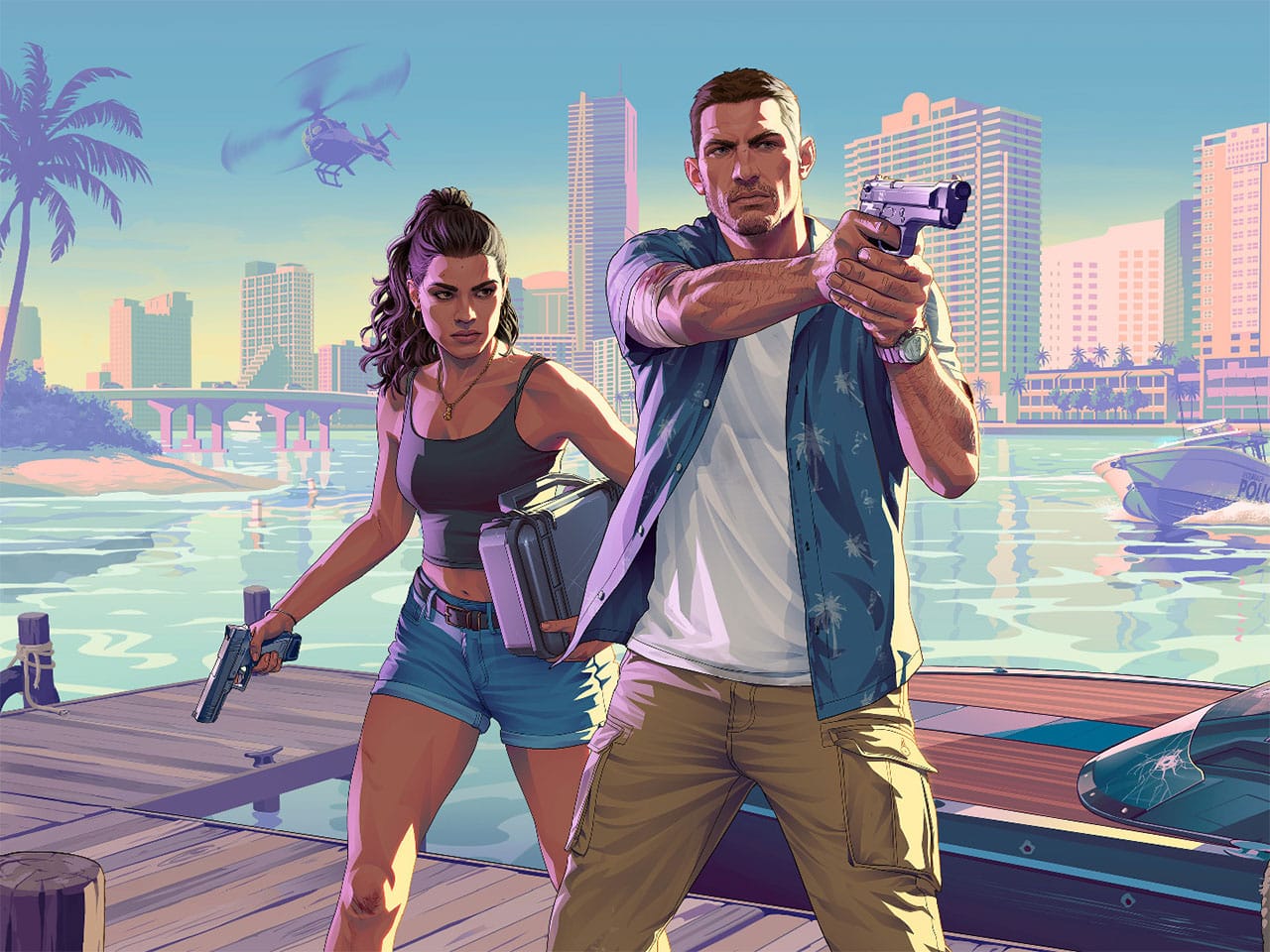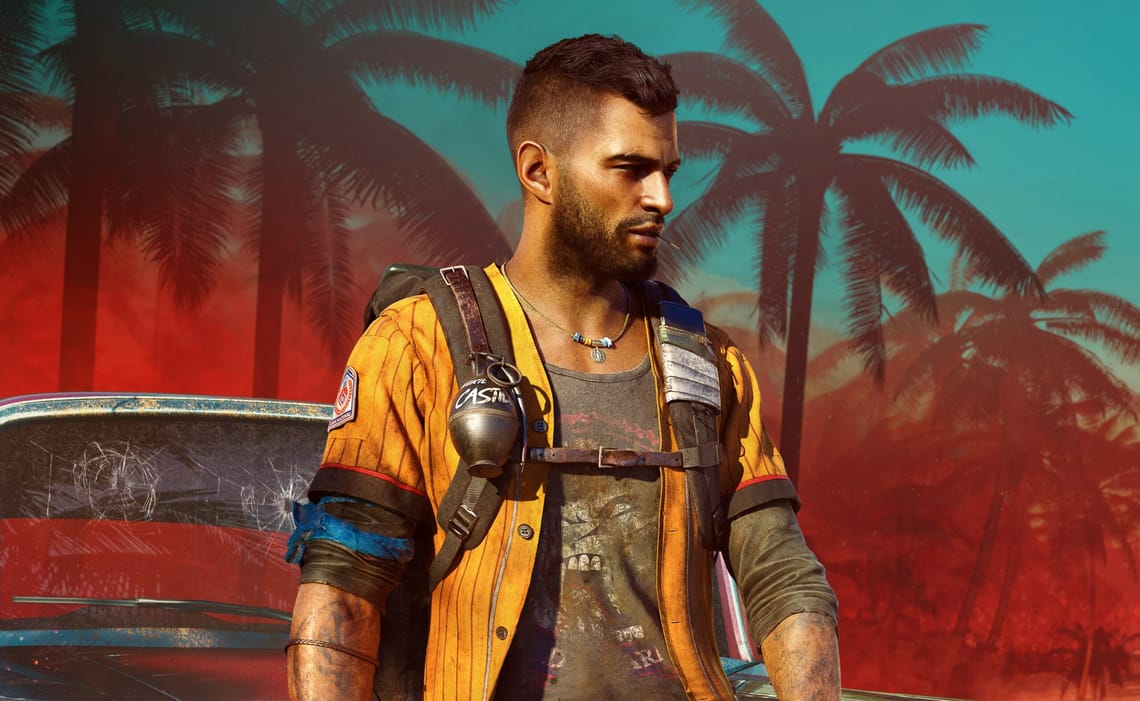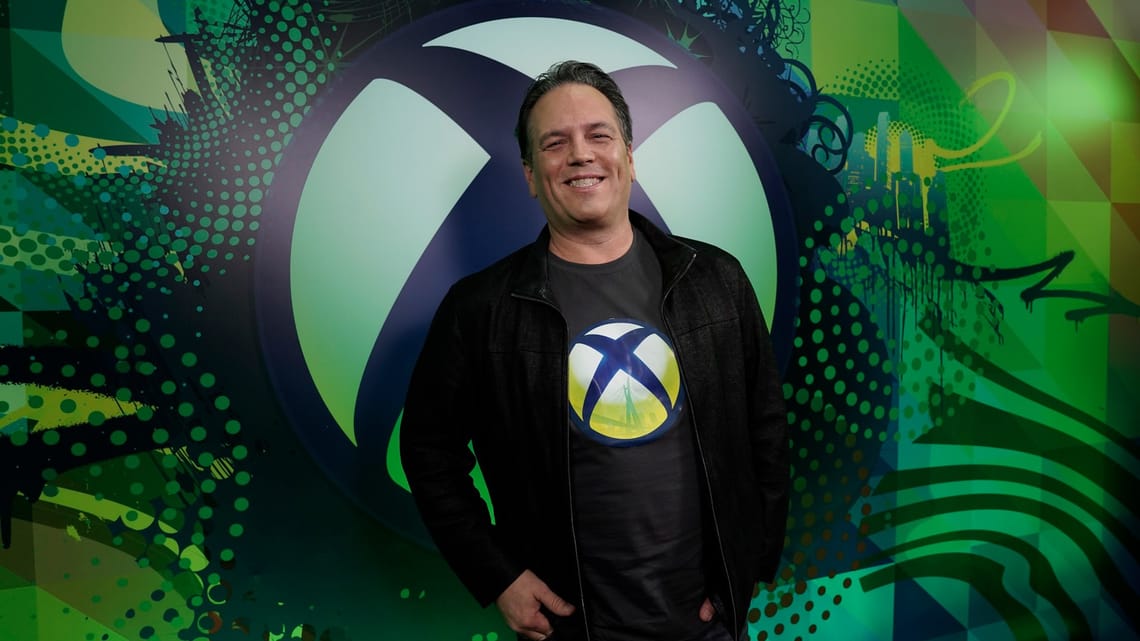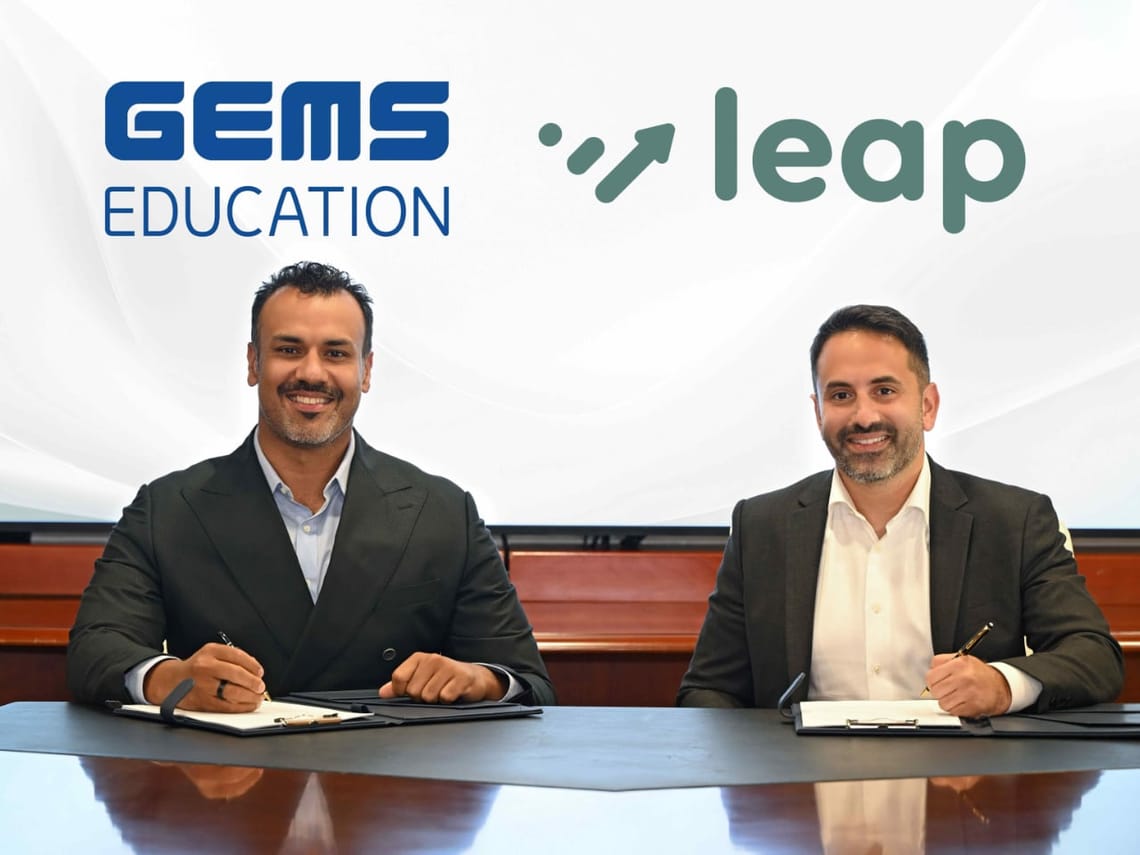- Strauss Zelnick says AI's impact on making games like GTA is "limited" because it's backward-looking and lacks creativity
- He doesn't think you can "push a button" to generate a GTA-quality game or marketing plan
- AI can help with data-driven tasks, butr not with the original creative leaps Rockstar aims for
Take-Two CEO Strauss Zelnick has poured cold water on the idea of an AI-generated Grand Theft Auto. Speaking at CNBC’s Technology Executive Council Summit, he said AI lacks creativity and called any hypothetical AI-built GTA “pretty derivative”. Useful for some jobs? Sure. But for the messy, human decisions that make Rockstar games sing, he says AI isn’t there—and may never be.
What Zelnick actually said about AI
He was asked how AI affects game production and if it’s speeding things up. Short answer: not in the way people hope. He argued that large models rely on old data, which makes them great at pattern work and poor at original ideas.
- AI is “backward-looking” because it’s trained on historical datasets.
- You can’t just press a button to create a GTA and its marketing plan.
- Even if you could, it “wouldn’t be very good… pretty derivative.”
- AI is strong where tasks are attached to data; weak where originality is required.
Zelnick’s point is simple: GTA-level creativity isn’t a remix of yesterday’s hits. It’s new jokes, new systems, new satire. He thinks data-driven tools help in production, but they don’t replace the creative spark that defines Rockstar releases.
Why this matters for Rockstar and GTA
GTA isn’t just about cars and chaos. It’s about tone. Writing. Mission design. City feel. Zelnick said Take-Two builds “permanent” franchises and that Rockstar aims for something close to perfection each time.
- Rockstar’s benchmark is high and intentionally human-led.
- A generic, derivative result would damage the brand.
- Tooling can assist; authorship still rules.
If you’re hoping GTA pivots to AI-authored stories soon, don’t. The boss doesn’t see AI leading the creative charge, and that sets expectations for how Rockstar will use these tools—behind the scenes, not in the director’s chair.
Where AI still helps in game development
Zelnick didn’t dismiss AI outright. He said it’s useful where problems link tightly to data. That covers a lot of pipelines.
- Asset tagging, test generation, localisation drafts.
- NPC barks and iteration aids (always reviewed by writers).
- Analytics, forecasting, player-behaviour modelling.
These are areas where “backward-looking” is fine—even welcome. The creative north star still comes from people, but AI can shave hours off grunt work and surface insights faster.
What this signals to studios chasing “AI-first”
Plenty of companies are pitching AI-generated games. Zelnick’s stance is a counterweight: use AI, but don’t confuse automation with authorship.
- Treat AI as a tool, not a writer or director.
- Protect tone and IP identity from bland outputs.
- Invest in people who can wield tools well.
Studios trying to ship an AI-authored blockbuster face a brand problem. If it feels derivative, players will know. Zelnick’s comments double-down on that risk.
Did Zelnick say AI is useless for games?
No. He said AI’s impact is “limited” and strongest on data-driven tasks, not the creative core of something like GTA.
Could an AI-made GTA happen anyway?
He said you can’t push a button to make one—and even if you could, it would be “not very good” and “pretty derivative”.
So how will Rockstar use AI?
Likely for support work—testing, analytics, localisation drafts—while keeping human authorship over story, tone and design.
Subscribe to our newsletter to get the latest updates and news

















Member discussion